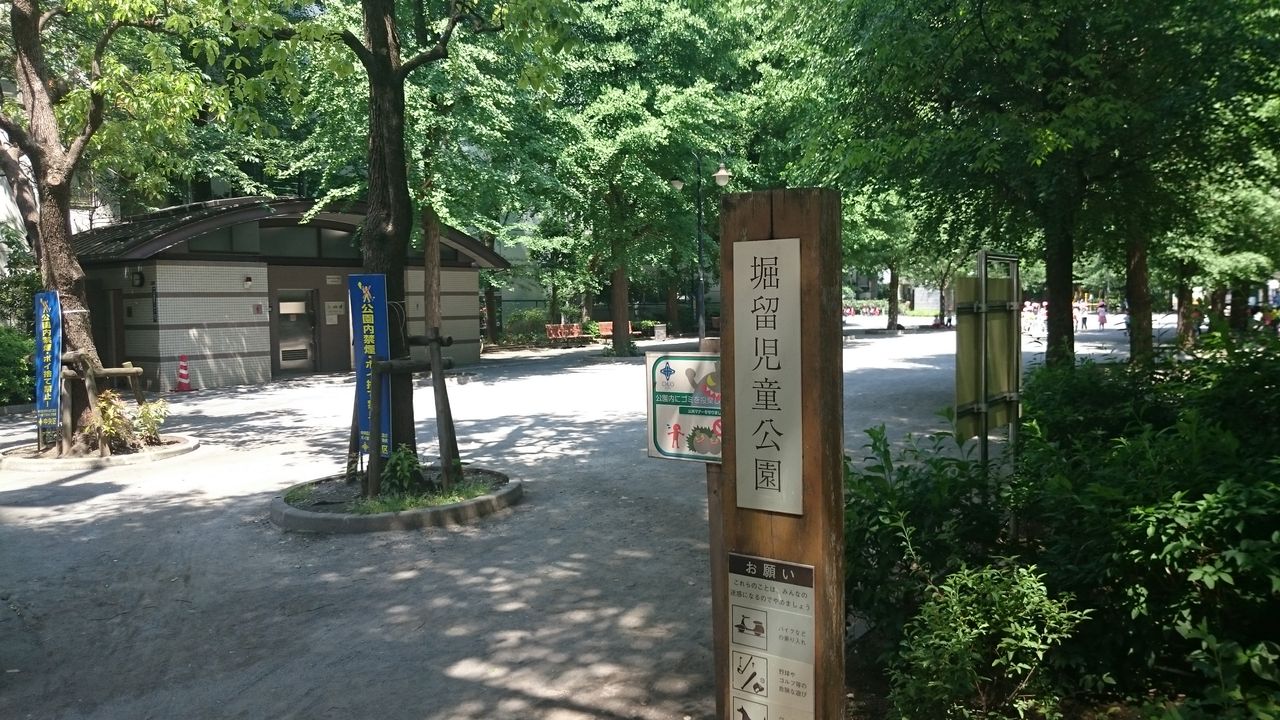A normal morning on the job
The first thing Nobuhiko Ogasawara did after getting out of bed that morning was go to the fridge and fish around for a turmeric and ginger concoction that had always served him well as a hangover cure. He’d been out late last night because a friend that worked as a foreign correspondent in New York was in town, a rare occasion. He always had stories to tell, and never wanted to go home until he’d told them all; there were a lot of them by this point. Nobu had heard most of them, but he sat through it anyway out of politeness, even though he spent most of the night counting just how many of those stories featured Italian Restaurants as a setting.
Most of the time when he’d gotten a raise Nobu he’d spent the extra money on his dwelling place. He preferred to be closer to work even if it meant living in a small space, but that was something that wasn’t a problem for him because he lived alone, never really managing to hold a relationship together for long enough to change that. At this point his condo was only a fifteen minute walk from the office, invaluable for those times when he stayed at the office or at the bar later than the trains ran. It wasn’t large, but unlike his last place it had a kitchen big enough to do some actual cooking in, which Nobu used to decompress and get work off his mind when he could.
Nobu had his tablet propped up on the table while he ate breakfast. A recording of the AmeriTel annual keynote was playing. All employees were encouraged to watch it, but because it happened on American time, Japanese employees were stuck with a recording that few would find time to sit through. The sheer number of times they mentioned 5G made him nauseous, even the part about the upcoming movies from their movie division managed to find a way to incorporate it. Watching made him realize just how big it all was, the whole book and magazine division didn’t even get a full two minutes in the presentation. The only other thing that caught his attention was the segment about their streaming service, bragging about the goldmine of intellectual properties that had the rights to develop. They talked about work on a live-action adaptation Martial Journey, a big win for the types of people that liked to talk about corporate synergies, and sure to be a massive headache for all the creative talent involved.
He took the bus to work that morning even though it was slower than walking. This way gave him the benefit of checking the emails during his commute. It was the usual stuff, mixed in with some amusing emails that were meant for accounts payable but CC’d him because they thought it’d get them to pay up faster. That trick never worked. One email was marked high priority, and it had a CC line full of names that Nobu only knew from big conference calls and looking at the org chart, people with titles like Global VP of Intellectual Property Development and Senior VP of Strategic Marketing. He couldn’t tell who was the most important, but he knew that when they asked him for something it was best to get to it as soon as possible. That task went to the top of his todo list that day. Everything else, like answering that email from the marketing department asking what an isekai was, was secondary.
Nobu walked into the double doors of the office a few minutes before nine and said hello to the secretary. He made one circuit of the desks in the main area before sitting down in his office. Nobu had a little block of time before the morning editorial meeting, which he used to fire off a short email to the entire creative department.
“Dear Authors,
Some executives who can’t be arsed to pick up a magazine or do a cursory google search want to know more about what we publish. They’ve asked us to give them a summary of our currently running series, their premises, and current and future merchandising/licensing opportunities for each of them. Presumably, they’re going to use this to leverage their strategic advantages synergistically, or whatever euphemism they’re using for trying to make a load of money. Anyway, if you want to do your own writeup instead of leaving in the hands the editorial team to squeeze in between meetings, please email it to the editorial mailing list by the end of the day. Who knows, maybe if something you write catches their eye you could be in for a nice windfall if you sign a deal with them.”
Nobu took a sip from his green tea and wondered what the next interruption would be, maybe he could make it all the way to the editorial meeting without anything coming up.

















